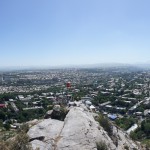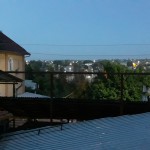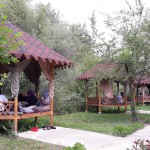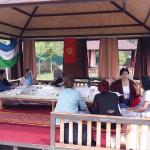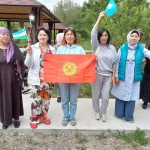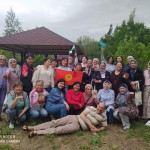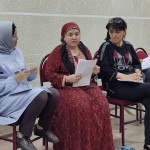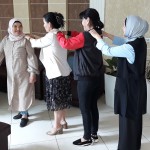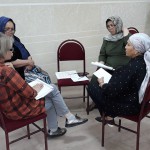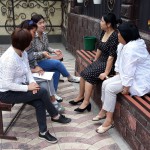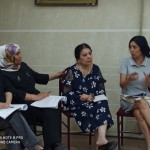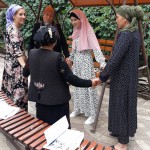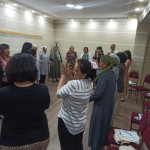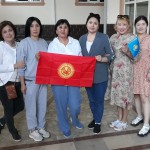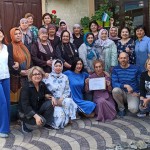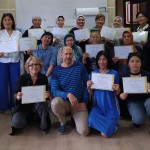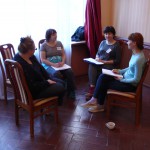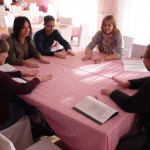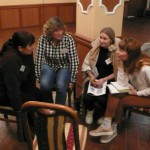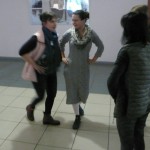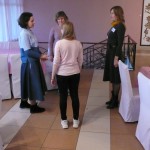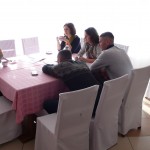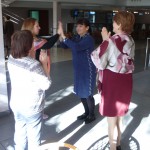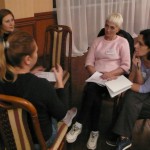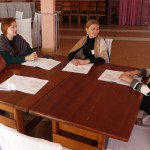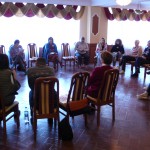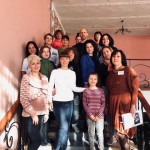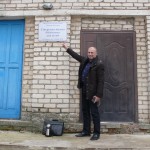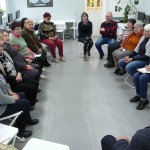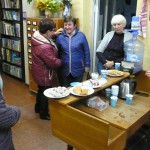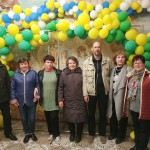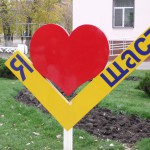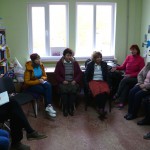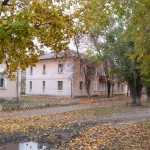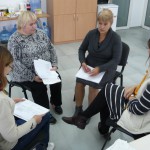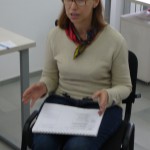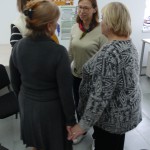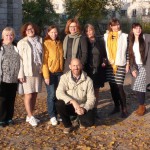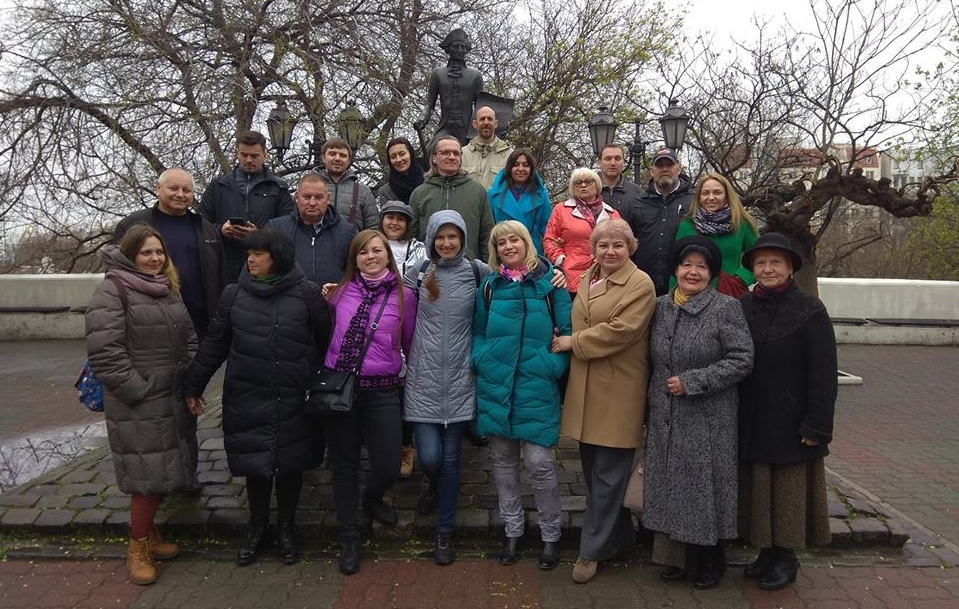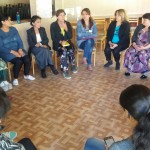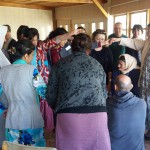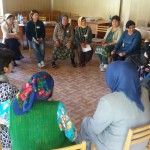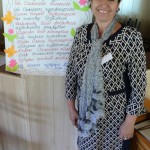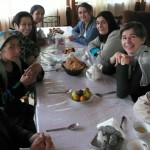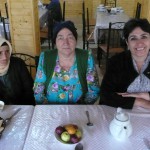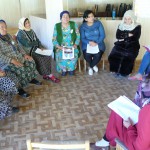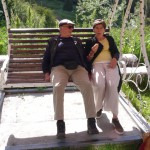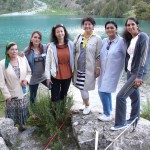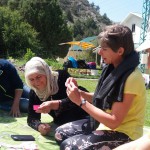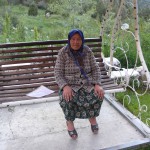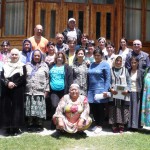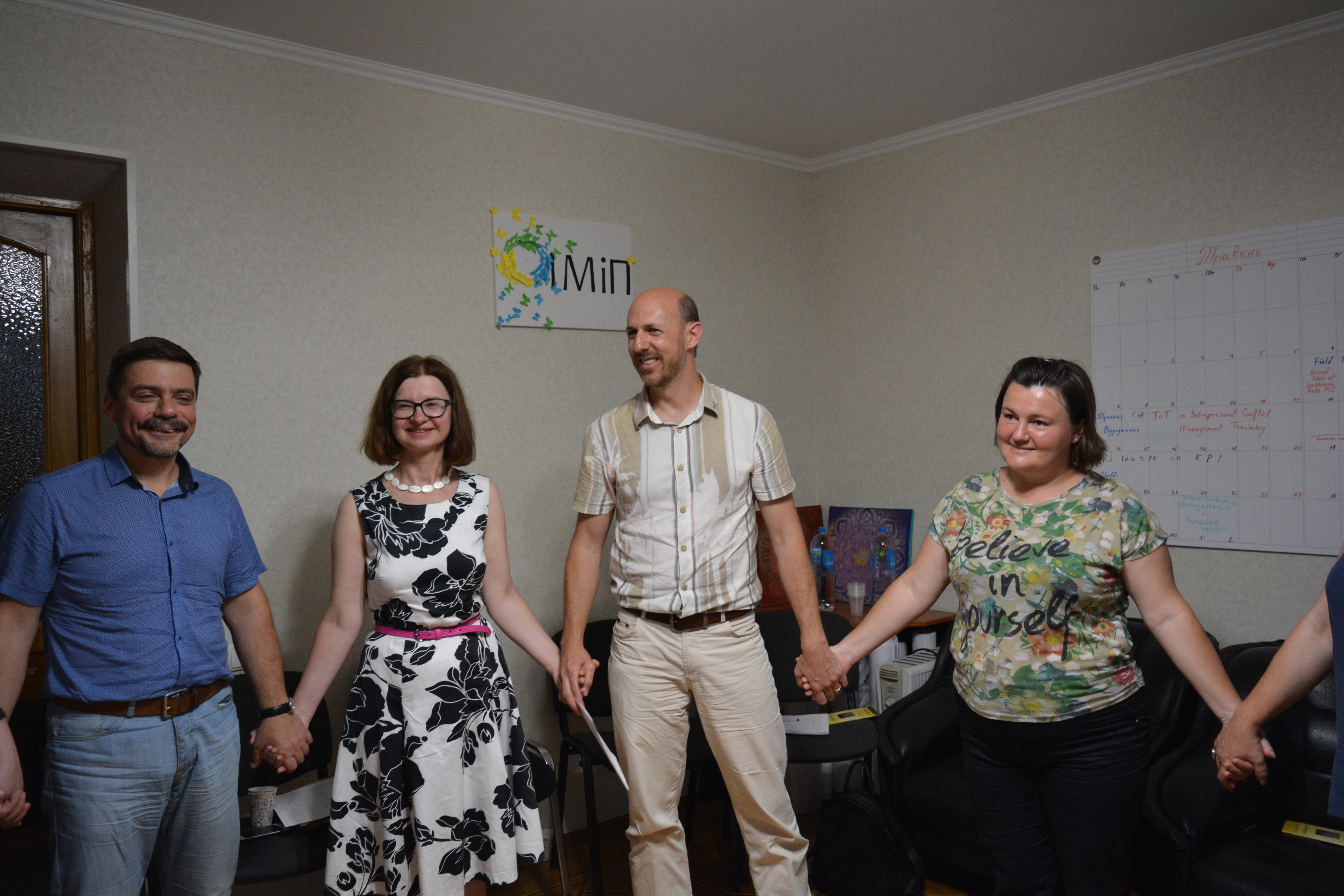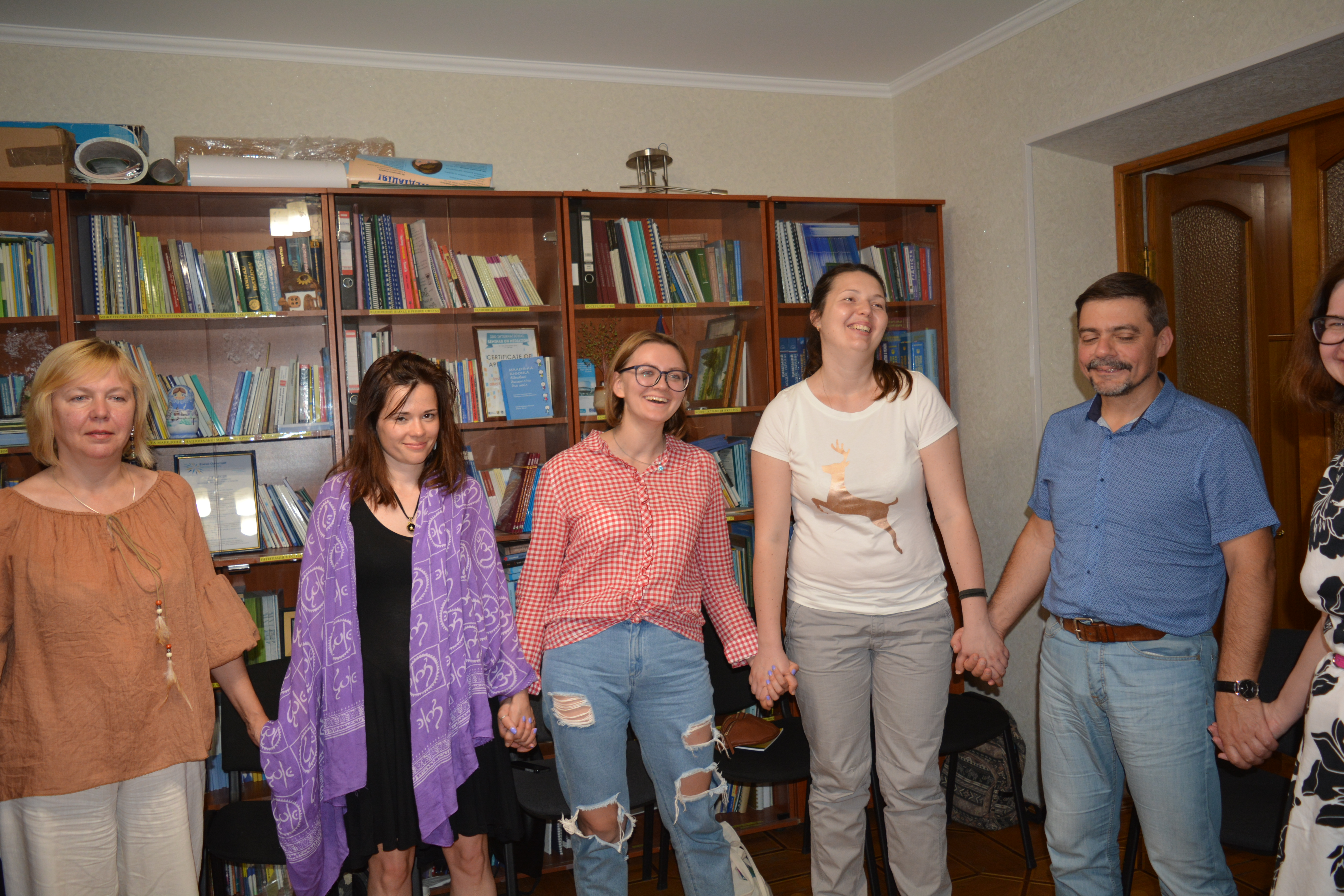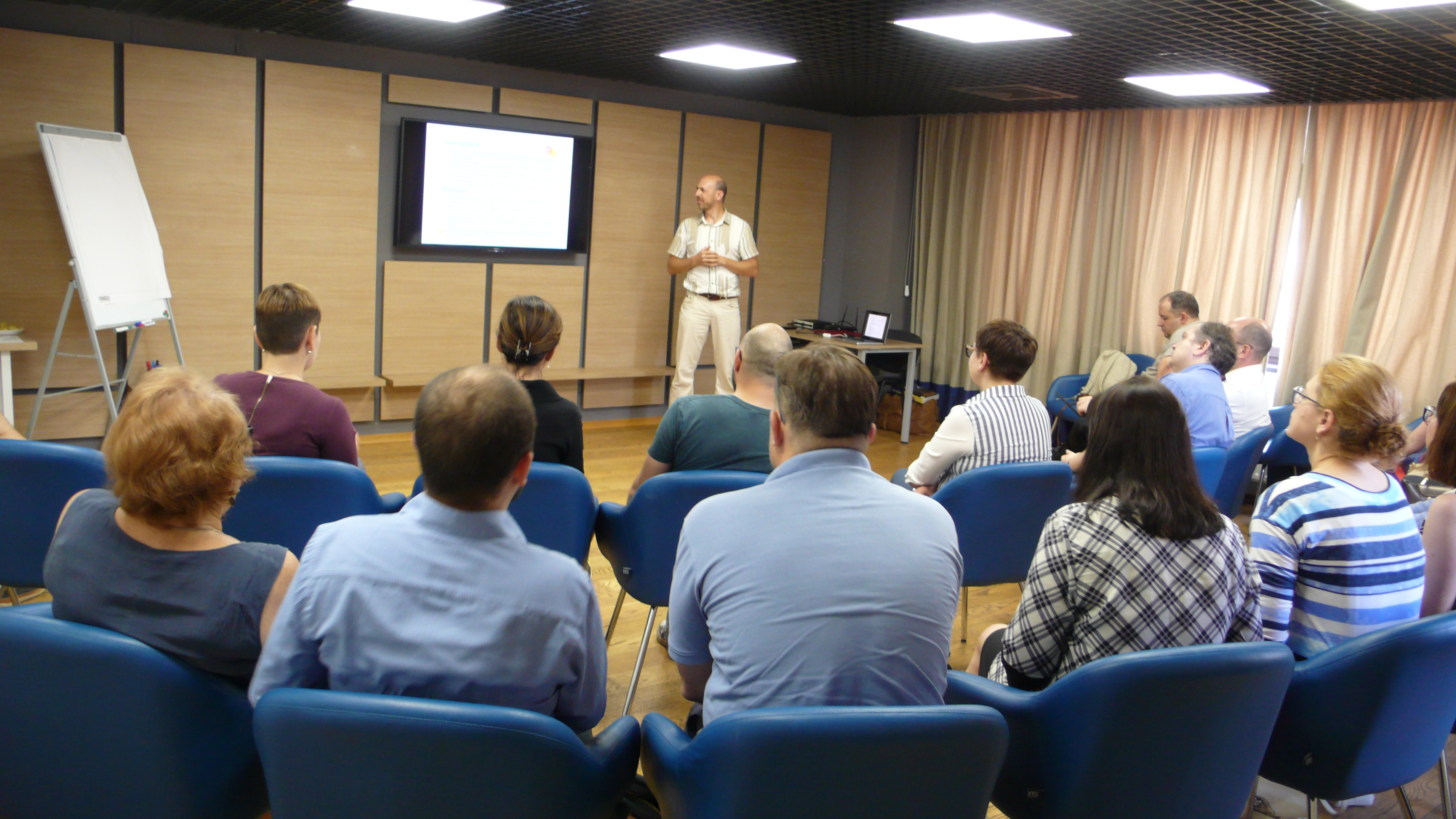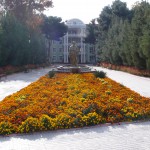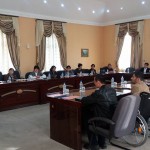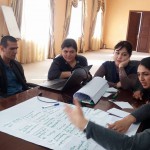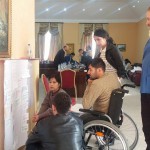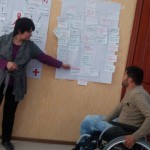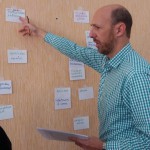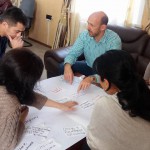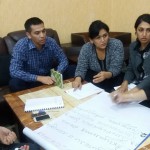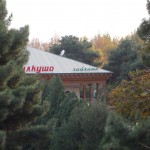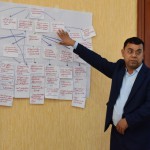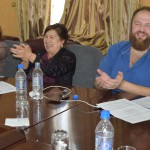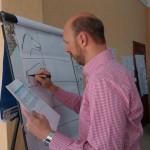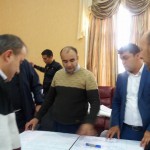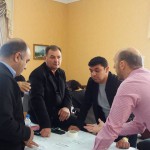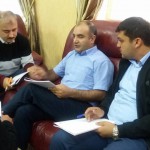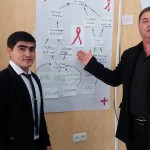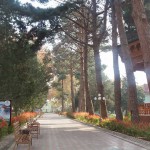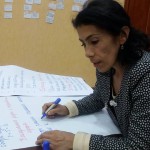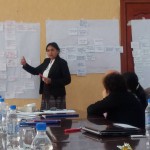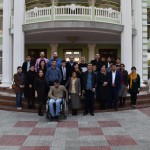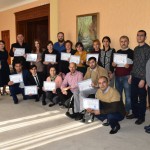From 8 to 13 May, 2022, the third round of training for moderators of Integrative Community Therapy (ICT) in Central Asia took place in Osh, Kyrgyzstan. Organizational partner of the event was Info Centre Rainbow. 27 civil society representatives from five different nationalities in Kyrgyzstan, Kazakhstan and Uzbekistan took part.
Category Archives: Civil society in Eastern Europe
TRE – Tension and Trauma Release Exercises
Trainer: Peter Brandenburg, Body psycho therapist in Bad Säckingen, Germany
Date: Wednesdaz, 18 May 2022, 18:00 CET (19:00 EET)
Location: https://meet.google.com/fcg-vvvm-psh
Who: Women and men affected by the war in Ukraine
Language: German, with translation into Russian by Anna Shanaeva
Requirements: Device with camera and stable internet connections. PLEASE, READ THE ONLINE INSTRUCTIONS FOR EFFECTIVE TRAINING PARTICIPATION: Teaching TRE_ Online – camera positioning !!!
Further information in English:
- https://www.youtube.com/watch?v=FeUioDuJjFI&t=4s (introduction video)
- https://traumaprevention.com/ (global website TRE)
Аuf Deutsch: Artikel Neurogenes Zittern , Berceli Interview_de
На русском: Interview Berceli_ru
Integrative Community Therapy
Integrative Community Therapy (ICT) is a social technique for dialogue and the conduction of self-help groups. Its wisdom lies in the sharing of helpful life experiences among participants as a resource for coping with difficult life situations. Four simple rules and a few principles guide the process, which usually consists of two parts. During the first part, which lasts around 90 minutes, there is neither discussion nor advice, but respectful listening to the other’s suffering and its acceptance without judgement. There is no need to find consensus or to agree on anything, and the group is not looking for solutions of someone’s problems. But everyone can take home whatever useful strategy comes up during the exchange.
ICT was developed by Brazilian psychiatrist, anthropologist and theologian Prof. Dr. Adalberto Barreto over a period of more than 30 years. It is scientifically proven that it has a preventive effect on physical and mental health, wellbeing and social cohesion. Today, in Brasil, it is part of the public health system with around 40’000 moderators trained. Currently, there are ICT groups in 28 countries on three continents.
“Nobody is so rich that he wouldn’t need anything, and nobody is so poor that he couldn’t give anything.”
Adalberto Barreto
The goals of ICT include strengthening of personal autonomy, horizontal communication, social inclusion and respect for diversity. Sessions are conducted regularly, and participation is always free of charge. In continuous sessions, an atmosphere of confidence and compassion is created, in which participants experience on multiple sensory levels that they are not alone with their worries and that there are different ways of acting and being. The underlying idea is that pain and suffering often contain hidden „pearls“ and the potential of a higher future self.
During each ICT session, one topic is chosen for further elaboration among the topics brought up by participants themselves. The clear structure provides a space of confidence and proximity in which a feeling of connectedness and self-impact can emerge. Participants are free to either participate actively or just attend as silent witnesses – both has its value. ICT can be applied to open or closed groups in various contexts including community centres, schools, prisons, and with various target groups including general public, youth, parents of children with disability, elderly etc.
“Who only looks at the finger, does not see the star to which it points.”
Adalberto Barreto

More information:
Training of ICT moderators in Donetsk region
From 28 to 31 October 2019, the fifth round of basic training for moderators in Integrative Community Therapy (ICT) took place in Svjatogorsk, Ukraine. During the four days of the training, 12 participants from Donetsk and 10 from other regions of Ukraine shared their suffering, helpful life experiences, songs, poems, and wisdom. Participants appreciated the clarity of the ICT method and the quality and depth it creates, allowing for personal growth. Some participants started their own groups on the very next days right after the training!
Supervision of ICT moderators in Luhansk region
From 25 to 27 October 2019, a three-day supervision training for ICT moderators from Luhansk region took place in Severodonetsk, Ukraine. The supervision did not only allow for finetuning moderation skills but also provided a space for personal trauma healing of participants. Prior to the supervison workshop, individual ICT groups were conducted in Severski and Scastje – two small towns in war plagued East Ukraine. Here are some impressions from the groups and the workshop:
Training for moderators in Integrative Community Therapy, Odessa/Ukraine
From 12 – 16 April, agens conducted a training for 21 moderators of Integrative Community Therapy in Odessa region, Ukraine. The training was orgainzed in parthership with Caritas Odessa, Forum ZFD and Odessians together. Caritas Switzerland supported the mission financially. You can download the mission report here.
Tajikistan: Integrative Community Therapy module II, 25 – 27 June 2018
Integrative Community Therapy in Ukraine
Conflict, trauma and healing in Eastern Ukraine
In March/April 2018, agens with its Ukrainian partners conducted a survey on “Conflict, trauma and healing in Eastern Ukraine”. A series of face-to-face interviews were conducted with residents of Lysychansk, Severodonetsk and Scastje, and other locations of Luhansk Oblast including ORLO. Complementary, an online survey was conducted within the Ukrainian dialogue community, including residents of ORDO.
Download the survey results in English: Presentation English
Download the additional slides: Additional slides English
Download the combined extended version: Extended version English
Tajikistan: Project design course for NGO leaders conducted
25 leaders of small and medium NGOs of Tajikistan active in the fields of social inclusion, health, environment, human rights and local economic development took part in the training on “Analysing social issues, project design and financing” in Khujand/Bahoriston from 6 – 10 November 2017. Participants – women and men from all regions of the country – included two persons with disability and many representatives of newly registered organizations. During the training, participants clarified their target groups and reflected on their talents and motivation. In five groups of similar interest, five different projects were elaborated jointly with community representatives. Main emphasis of the course was on problem and objective analysis leading to the logical intervention framework structure (logframe). Also, participants were introduced to cross-cutting issues such as gender and conflict sensitivity, and they exchanged views and experiences on sustainability. Different models of financing and self-financing were compared and information on potential sources shared. Finally, a set of recommendations to the international community on how to strengthen partnerships for development were assembled, essentially inviting donors to harmonize terminology, reduce language barriers and enhance simplicity, transparency and coordination.
